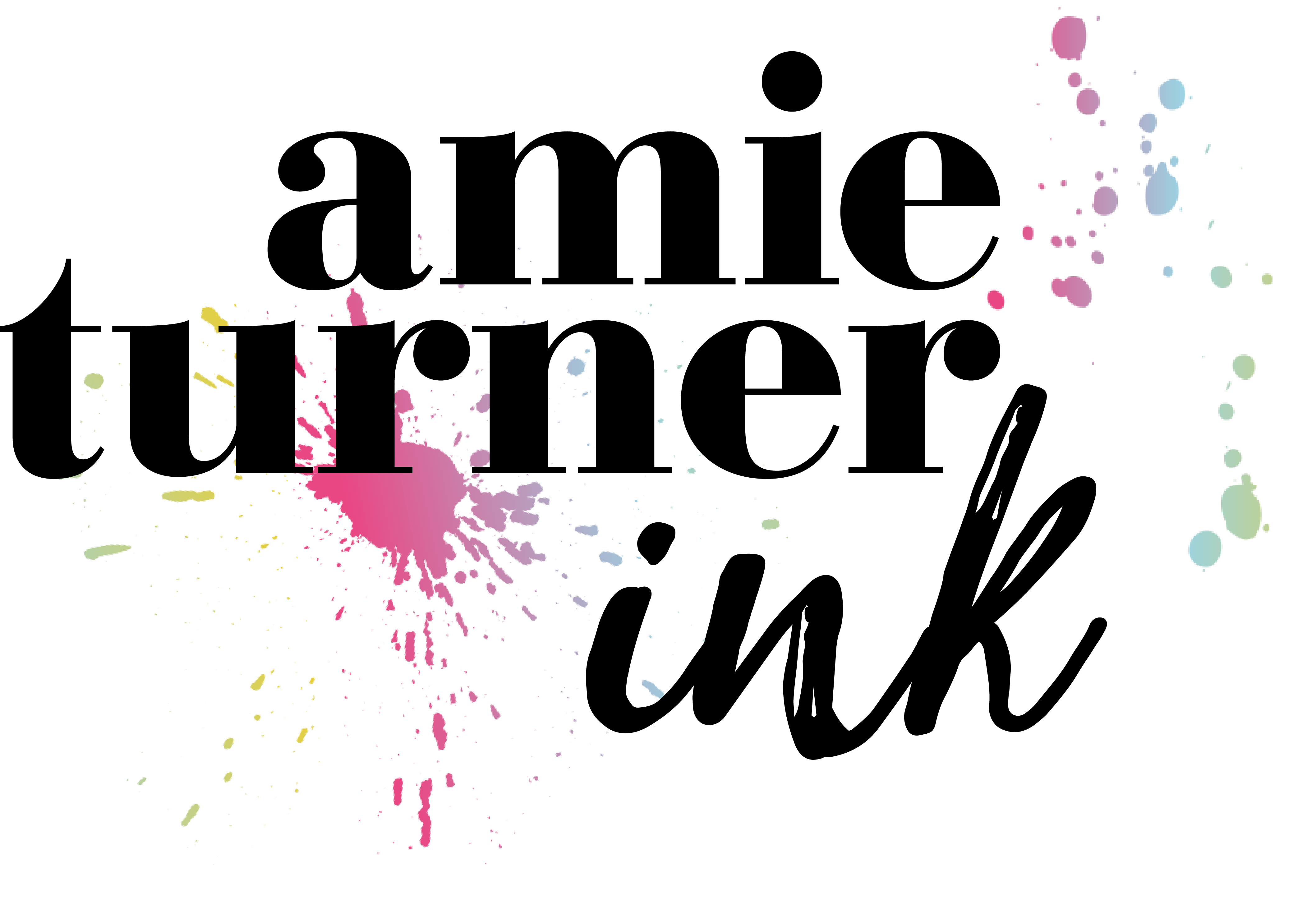7 Ways To Become A More Confident Writer

What do you think it takes to be a confident writer?
Is it the ability to write quickly without the need for hours of pain-staking editing? Is it always having heaps to say, and saying it, regardless of what anyone thinks? Or maybe you think it’s measured by the size of someone’s audience, and the type of people who sign up to read?
Whatever your definition of what a good, confident writer is, if you plan on building a successful online business, you have to get comfortable with writing. And, more importantly, you’re going to have to actually publish the things you write on a regular basis, you know…instead of just hoarding all your half-finished drafts in Evernote.
Before I get into the ‘how’ part of becoming a more confident writer, let me explain the ‘why’ part a little better.
Quality content is what you’re aiming for, but consistency is what will help you improve your writing skills.
A lot of people avoid regular communication with their list because they don’t want to ‘spam’ their readers and worry they’ll get a bunch of unsubscribes. Thing is, if you’re not consistent with your writing, your writing won’t get any better. Don’t let a few opt-outs here and there put you off. Keep going, the right people will always stick around.
If you start writing and keep writing, you WILL improve, and as your confidence grows, so will your audience.
Being a confident writer isn’t necessarily about producing award-winning prose, or being the best in your field. Confidence in writing (and in anything you do in life) comes with sticking at it. It comes with knowing your subject inside out, and back to front.
But a confident writer also understands that they will never know all there is to know, yet they’re willing to keep learning, striving, growing and sharing anyway.
Here are 7 ways to become a more confident writer so you can stop stressing and start sending.
1. Study other writer’s work
You already follow other writers, bloggers or social media ninjas because you enjoy their content. They might be high profile, in-demand writers who you’ll never get to meet, or they could just be people in your local networks who have writing styles you enjoy and an online personality you can relate to.
Either way, studying exactly what it is about their writing that you like is a good way to become a more confident writer yourself. Of course, the trick is not to get so beguiled by their style that you start to copy. This can be a slippery slope.
Make sure you look a lot of different people’s work. Don’t be tempted to keep your fave writer’s website in your bookmarks folder and refer to their work every time you’re stuck for words and need inspiration. It’s true that imitation is the sincerest form of flattery, but plagiarism is illegal, and just plain bad manners.
2. Read on a wide range of topics
To be seriously good at something, you have to put a ton of time and effort into honing that skill. But a confident writer has to know a lot about a lot. Even if you only write about one thing, say women’s health and wellness, there’s still going to be a lot of different topics to cover within that niche.
When your work is focused in one area, it can be tempting to only seek out and study information within that field. And you should. But breaking out of your area altogether and reading books, articles, websites, and newsletters written by other experts in different fields can massively boost your creativity. Take note of how different writers from a range of different genres weave their words and structure their sentences. This is less about absorbing the content and more about noticing a writer’s particular style and rhythm.
3. Read your work out loud
Once you’re done writing your piece, it’s time to edit. When you’re happy with the final version (or happy enough to push publish), it’s time to give it the final ‘voice’ check. This is when you read it out loud to yourself – or better yet, to someone who hasn’t got the slightest idea what you’re writing about.
If you feel good while you’re reading it to that person, it’s probably brilliant and you need to send it right now before you lose your nerve. But, if it feels at all corny, cringey or even a little wanky, it’s back to the keyboard you go.
Some good questions to ask yourself are, does it flow naturally and sound like I speak? Have I used correct grammar and punctuation? Are there any points that double up. Do I feel proud of this and will it help, educate or entertain my reader?
4. Write every day, even if you don’t want to
Practice makes perfect. That quote was written by a writer. Probably. Here’s one that was actually written by a writer, “Start writing, no matter what. The water does not flow until the faucet is turned on.” Thanks, Louis L’Amour, nice imagery — which is also one of the key things that makes someone’s writing good, by the way.
If you make a point of writing every single day, even if it’s just a social media post or a page in your journal, you WILL get better. Make time in your schedule to write. Write for fun, write for work, write a letter, write anything. Do it for at least 15 minutes a day and you will improve. Do it as a non-negotiable activity each day and your writing skills will soar.
5. Have a plan
Before you start writing (and end up staring at a blank page or blinking cursor), jot down a few points with an actual pen on actual paper. Doing this helps to get the creative juices flowing and helps you structure your piece in a way that makes sense.
I usually start scribbling away on paper in a messy shorthand style that’s only (just) legible to me. Once the ideas and the main points are on paper it starts to flow from there and very quickly a post will start to appear and I’ll need to transfer it straight to my Evernote pad.
The trick from here is to keep going. Because getting all your ideas and main points mapped out on the page is the easy part. Now it’s time to get your words into a usable, readable and hopefully enjoyable piece for your reader. And with all that fiddling, editing and fine tuning you’ll need to do, writing can suddenly start to feel overwhelming, tedious and draining. Don’t be put off. Keep going and it will get easier – and a whole lot quicker, I promise!
6. Don’t try to say it all
It can be super tempting to feel like you need to say #allthethings. You don’t. If your topic is big, consider breaking down your content into a series of 3 or 4 shorter posts. Stick to a few ideas or points in each post, don’t overwhelm your reader with lots of intricate or confusing information.
Writing for the web is not like writing for print. Don’t throw big paragraph bricks at your reader. Think short and sweet, simple and succinct, white space and bold headings. Think about what feels easy and enjoyable for you to read when you’re cruising around the interwebs. Then write like that.
Here are a few more tips to keep in mind when writing for the web:
👉 One, maybe two, solid ideas per paragraph 💡
👉 One meaningful point per sentence 💁♀️
👉 No more than 2-3 sentences per paragraph 🧐
👉 Cut out words that don’t add anything, like ‘very’, ‘really’ and ‘pretty’ ✂️
👉 If it doesn’t add value, get rid of it 🗑
7. Get a mentor, join a mastermind, ask for feedback
This is probably the most useful tip I can give you. It’s SO important to keep learning and growing and to have people you can bounce ideas around with. Working on your own in your business can get lonely sometimes. Wondering if you’re doing things right or not knowing how to do things better or differently can have a huge impact on your confidence, both as a writer and as a business owner.
Get in touch with some writers or business owners you admire. They’re all crazy busy so don’t be pushy or too needy. Just reach out and introduce yourself and find out if they’re offering mentoring services or if they know of someone who is.
A lot of big names in the online world have copywriters on their team so they might be able to recommend someone to help you hone your writing skills. It can’t hurt to connect and you may even end up with some new friends!
Can I let you in on another little secret…? 🤫
Nothing is ever going to be perfect, so stop trying to achieve it. Some days your work will be brilliant, other days you’ll feel like chucking it all in the bin. Don’t. Just keep going and you WILL get better. You WILL develop your style and build your reputation in the process. But that can only happen if you keep going.
And if you’ve made it all the way down here to the end of this little blog post, that means you’re srsly committed to improving your skills and becoming a more confident writer – go you 👏👏👏
Tell me in the comments below, what is your biggest struggle when it comes to writing and getting your work ‘out there’. I’d love to hear from you, and I’m here to help if I can!
Amie xo
Share the love!
WONDERING WHAT TO INCLUDE ON YOUR
SALES PAGE?
Download my sales page outline and follow the 10 simple steps to writing a standout sales page that sells.
By entering your info, you agree to receive emails and promos from me (Yay!). Per my Privacy Notice, your details are never shared (ew) and you can unsubscribe at any time (honestly, no hard feelings).


